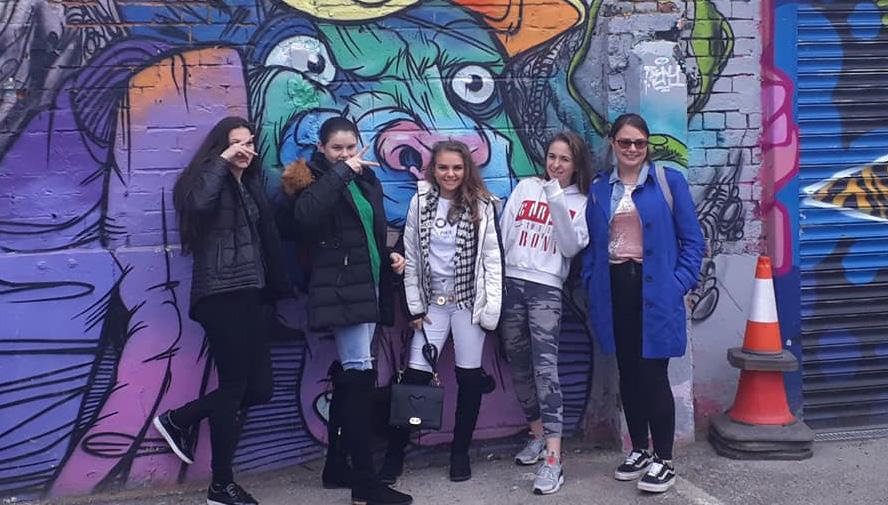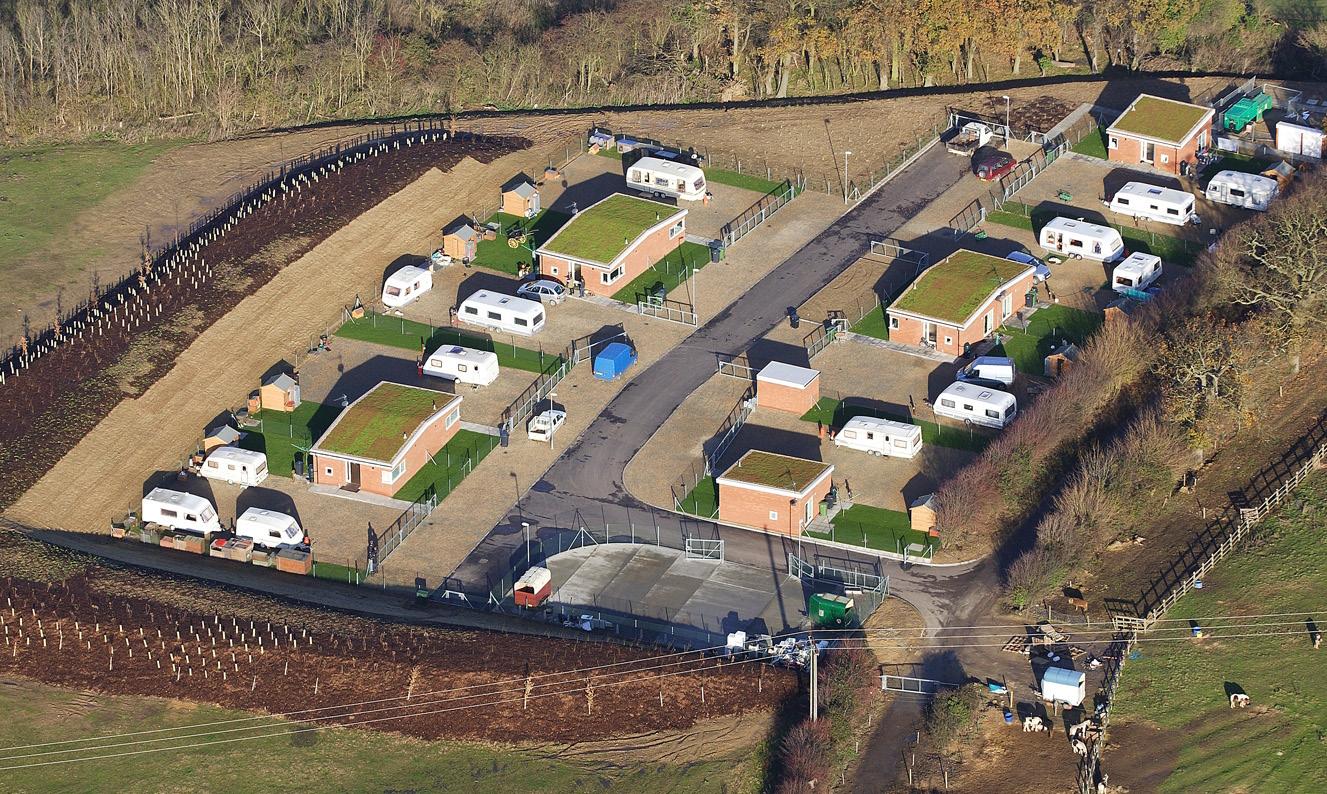
1 minute read
Strong collaboration and communication
7. Strong collaboration and communication
Since the Joseph Rowntree Foundation study was published in 2016, the importance of collaboration and working together has become even clearer. It’s a vital cross-cutting ingredient in any plans to provide sites for Gypsies and Travellers and in running them effectively.
Whether it’s different departments working together to refurbish a site, or local authorities in a region bringing together resources and ideas for ‘negotiated stopping’, good communication and collaboration are essential. To offer safe, successful places for Gypsies and Travellers to call home, organisations must listen to residents and adopt a multi-agency approach.
Elim acknowledges that building high-quality Gypsy and Traveller sites can involve higher costs compared to general needs housing. The reasons for this include the extremely low density of most sites, higher staffing ratios and the use of land or locations where complexities need to be overcome before development can begin. For example, Elim’s sites were built on a mix of Green Belt and brownfield land, with one location close to a main rail line, which required special acoustic fencing. The level of another site had to be raised by a metre to counter flood risk. The costs of developing Elim’s sites made local media headlines, so it’s important to explain and challenge misconceptions about the use of resources. The organisation’s funding strategy was supported by a really clear and positive social narrative to explain why the additional investment was needed and justified. This helped Elim and its local authority partners, to shape the strategic rationale for new sites, and help the investment and planning process impact more effectively with local stakeholders, including Councillors and the public. The more sensitive or challenging a scheme is, the more crucial it is to handle local perceptions.









